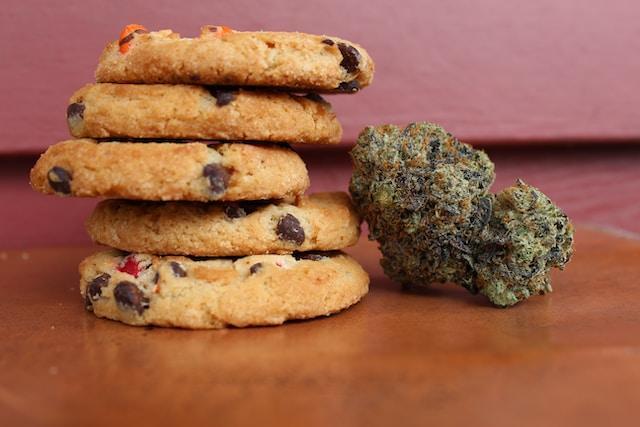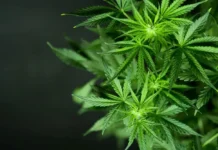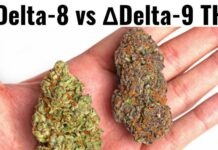If you’ve been keeping an eye on the wellness world, you’ve probably noticed the increasing popularity of CBD products. It seems like everyone is talking about the potential benefits of this hemp-derived compound, and the market is brimming with various forms of CBD for you to try.
Now, let’s say you’re interested in giving CBD a shot, but you’re not quite sure where to begin. Two of the most popular options are CBD edibles and oil, but which one is the right starting point for you? Fear not, we’ve got you covered!
In this blog post, we’ll dive into the pros and cons of both CBD edibles and oil to help you make an informed decision that suits your needs and preferences. Let’s get started!
CBD Edibles
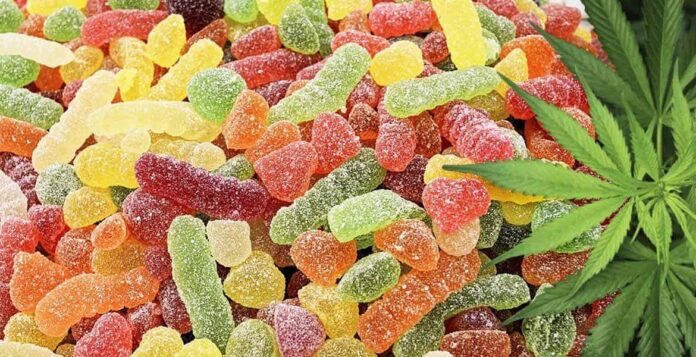
So, what exactly are CBD edibles? Simply put, they’re food or drink products that have been infused with CBD (cannabidiol) to offer a tasty and convenient way to consume this hemp-derived compound. Some popular examples of CBD edibles include gummies, brownies, and chocolate bars, but the list of creative concoctions is growing every day!
The main pros of CBD edibles are:
- Discreet and easy to consume – One of the major perks of CBD edibles is their discretion. It’s super easy to pop a gummy or enjoy a piece of chocolate without drawing attention to yourself. Plus, for those who might be new to CBD, edibles offer a familiar and enjoyable way to give it a try.
- Consistent dosing – With CBD edibles, you can easily keep track of your CBD intake, since each piece typically contains a pre-measured dose. This makes it simple to manage your daily CBD consumption without any guesswork.
- Variety of flavors and options – CBD edibles come in a vast array of flavors, textures, and forms, so there’s bound to be something for everyone’s taste buds. Plus, many brands now offer vegan, gluten-free, and sugar-free options to cater to various dietary preferences and restrictions.
Conversely, some of the cons of CBD edibles are:
- Longer onset time: Because CBD edibles have to pass through your digestive system before entering your bloodstream, it can take a bit longer to feel their effects compared to other methods of consumption. This can range anywhere from 30 minutes to a couple of hours, depending on factors like your metabolism and the type of edible.
- Lower bioavailability – The process of digestion can also reduce the overall amount of CBD that your body absorbs, resulting in lower bioavailability. This means you might need a higher dose of CBD in edible form to achieve the same effects as a smaller dose in a different form, such as oil.
- Caloric content – Since CBD edibles are food products, they can contribute to your daily caloric intake. If you’re watching your calories or trying to maintain a specific diet, this is something to keep in mind when choosing your CBD product.
In summary, CBD edibles offer a fun, discreet, and tasty way to enjoy CBD, with consistent dosing and a wide range of flavors. However, they may take longer to kick in and could have lower bioavailability compared to other forms of CBD.
While the delayed onset and variable absorption are key considerations, it’s also important to be aware of other potential physical reactions. Because edibles are processed through the digestive system, individual sensitivities or higher doses can sometimes lead to gastrointestinal discomfort.
Many users wonder, can edibles hurt your stomach, and indeed, issues like nausea or upset are reported, particularly with improper dosing. Recognizing these possible side effects is vital for a more predictable and comfortable experience, encouraging users to start with low doses and understand their body’s response.
CBD Oil
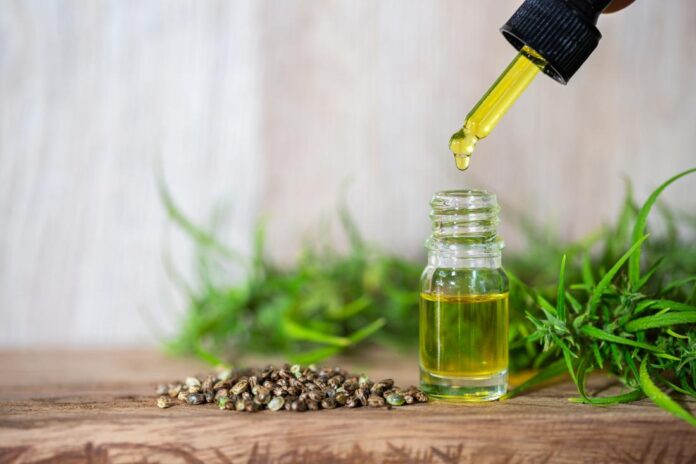
Now let’s explore CBD oil, another popular choice for those looking to incorporate CBD into their routine. CBD oil is a concentrated liquid extract derived from the hemp plant, and it comes in several different forms: full-spectrum, broad-spectrum, and CBD isolate. Each type offers a slightly different range of compounds and potential benefits, allowing you to customize your CBD experience.
Some common advantages of CBD oil are:
- Faster absorption and onset time – Unlike edibles, CBD oil can be absorbed directly into your bloodstream through the blood vessels under your tongue or added to various topical applications. This means you’ll generally feel the effects more quickly, often within 15 to 45 minutes. This is especially helpful if you’re seeking immediate relief from certain symptoms.
- Higher bioavailability – Since CBD oil bypasses the digestive system, you’ll experience greater bioavailability, which means that more of the CBD reaches your bloodstream and can be utilized by your body. As a result, you may need a smaller dose of CBD oil to achieve your desired effects compared to edibles.
- Versatility in usage – CBD oil is incredibly versatile. You can take it sublingually (under the tongue), add it to your favorite recipes, or even mix it with your favorite skincare products. This flexibility allows you to incorporate CBD into various aspects of your daily life with ease.
Conversely, the drawbacks of CBD oil are:
- Taste and texture may not be appealing – Some people find the taste and texture of CBD oil to be less enjoyable than edibles. It can be earthy or bitter, which may not be everyone’s cup of tea. However, flavored CBD oils and tinctures are available to help improve the taste.
- Less discreet – Taking CBD oil, especially sublingually, can be a bit more conspicuous than snacking on a gummy or sipping a CBD-infused beverage. If you’re looking for a more discreet option, CBD oil might not be your top choice.
- Measuring dosage can be challenging – Unlike edibles, which come with a pre-measured dose, you’ll need to measure your CBD oil dosage using a dropper or other measuring tool. This can be a bit tricky at first, but with practice, you’ll get the hang of it.
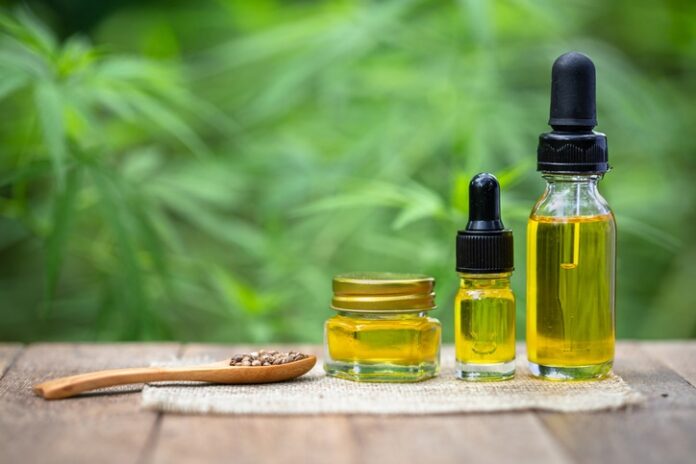
In conclusion, CBD oil offers a faster onset time, higher bioavailability, and versatility in usage compared to edibles. However, it may not be as enjoyable in terms of taste, and it can be less discreet and slightly more challenging to measure the dosage.

